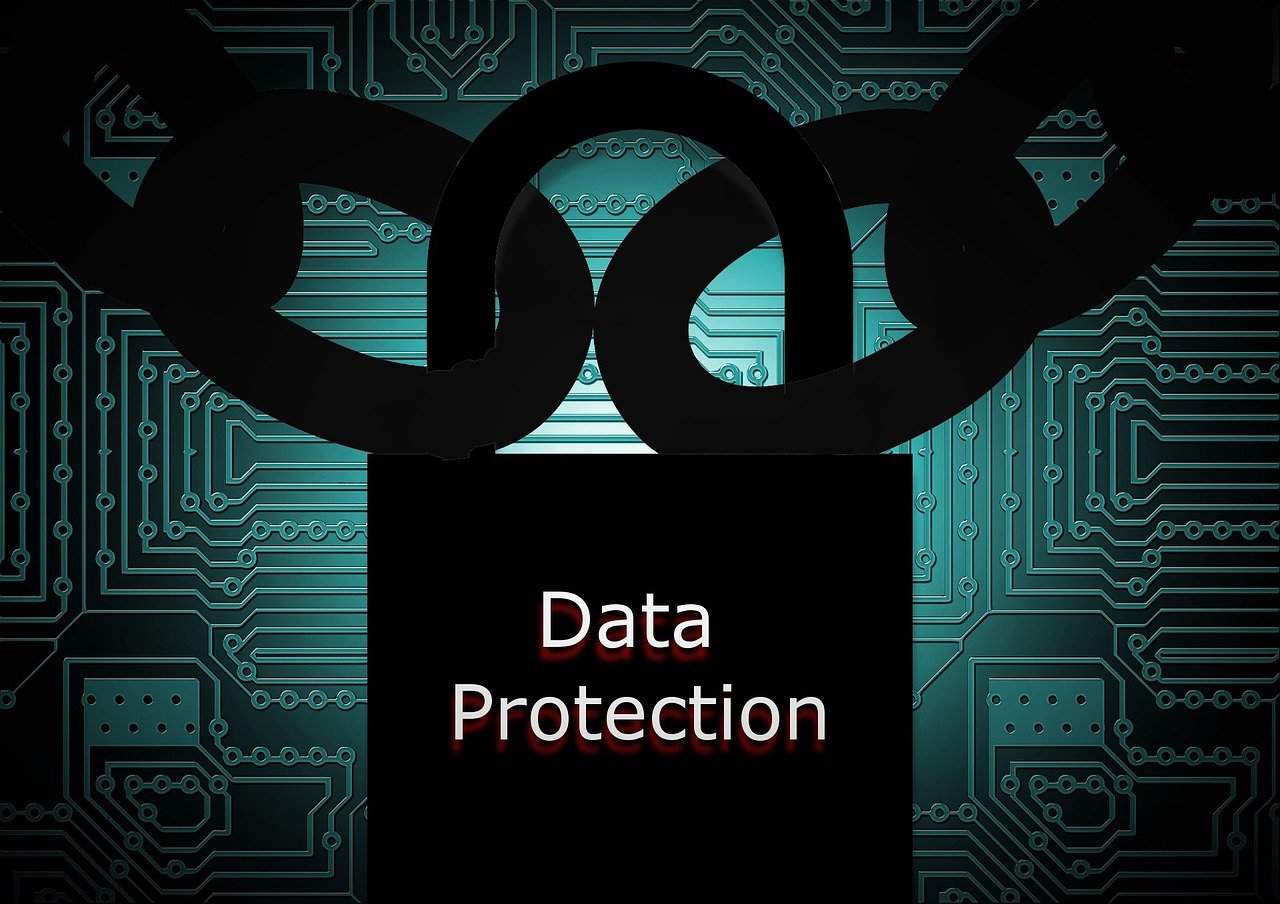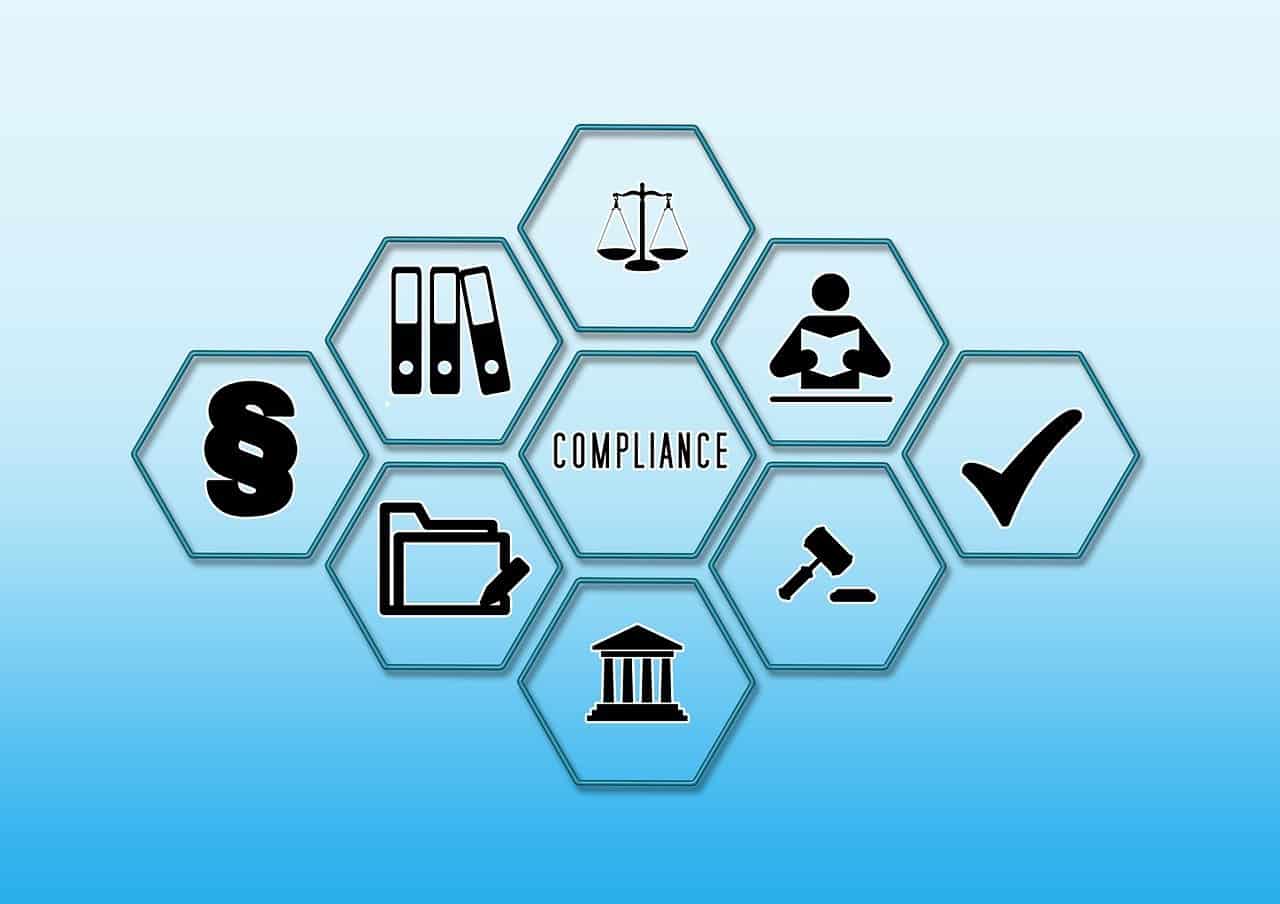- New data privacy laws in 2025 require SMBs to protect consumer data and ensure compliance.
- Businesses must implement clear data practices, provide consumer rights to access and delete data, and maintain strong data security.
- SMBs should conduct data audits, update privacy policies, and secure networks to meet these regulatory requirements.
With several new state laws taking effect, small and medium-sized businesses (SMBs) must act quickly to comply. These regulations are designed to protect consumer data and ensure that businesses handle personal information responsibly.
What’s Changing in 2025?
Businesses operating in these mentioned U.S. states must understand and comply with these regulations to avoid penalties and maintain consumer trust. Here are the changes in data privacy laws that you need to know, along with essential steps to stay compliant.
Delaware Personal Data Privacy Act (DPDPA): Effective January 1, 2025
The DPDPA applies to businesses processing data from 35,000+ consumers or 10,000+ consumers if over 20% of their revenue comes from data sales. The law grants consumers the right to access, delete, and correct personal data. Businesses must ensure privacy policies are clear and implement security measures to protect consumer information.
Iowa Consumer Data Protection Act (ICDPA): Effective January 1, 2025
Covers businesses processing data of 100,000+ consumers or 25,000+ consumers if over 50% of revenue comes from data sales. Businesses must disclose privacy practices, implement robust data security, and provide consumers with rights to access, delete, and correct their personal data.
Nebraska Data Privacy Act (NDPA): Effective January 1, 2025
This act covers businesses processing personal data but excludes small businesses as defined by the federal Small Business Act. The NDPA mandates that businesses enable consumers to access, delete, and correct their personal data while enforcing data minimization and security measures.
New Hampshire Data Privacy Act (NHDPA): Effective January 1, 2025
Businesses must grant consumers the right to access, delete, and correct data and provide clear privacy notices. Data protection assessments are required for high-risk data processing activities.
New Jersey Data Privacy Act (NJDPA): Effective January 15, 2025
The law requires businesses to provide consumers the right to access, delete, and correct their data. Businesses must also provide transparent privacy notices and implement reasonable data security practices.
Tennessee Information Protection Act (TIPA): Effective July 1, 2025
TIPA covers businesses with annual revenue exceeding $25 million and processing 175,000+ consumer records. Consumers have the right to access, delete, and correct data, and businesses are required to conduct data protection assessments and implement reasonable security measures.
Minnesota Consumer Data Privacy Act (MCDPA): Effective July 31, 2025
Effective July 31, 2025, it covers businesses that control or process the personal data of 100,000 or more consumers with gross revenue greater than 25%. This Act allows consumers to access, delete, and correct personal data; it mandates transparent privacy notices and reasonable data security practices.
Maryland Online Data Protection Act (MODPA): Effective October 1, 2025
This law requires businesses to limit data collection to what is reasonably necessary and proportionate for providing or maintaining a consumer-requested product or service.
It prohibits targeted advertising to individuals under 18, limits the sale of sensitive data, and requires regular risk assessments for any processing involving algorithms or profiling.
Key Requirements for Data Privacy Compliance in 2025
Keeping track of the specific compliance requirements in your state is essential for avoiding penalties. You need to follow several basic principles under these updated regulations to stay compliant with data privacy laws in 2025:
Data Collection and Purpose Limitation
Under many of the new laws, data should not be gathered without a clear purpose, and businesses should not retain data longer than necessary. Review your current data collection practices. Eliminate any unnecessary data collection processes and make sure that the data you collect serves a clear, documented business purpose.
Data Access and Consumer Rights
Consumers have the right to access, delete, or correct their information. Additionally, they can opt out of certain data practices, such as targeted advertising or data sales. Make sure that your business has processes in place to handle consumer requests for data access, correction, deletion, and opt-out. Implement transparent methods for consumers to exercise these rights, such as through an easy-to-use portal on your website.
Data Security Measures
Protecting personal data from breaches includes making sure that your network is secure and encrypted and that access to sensitive data is limited. Regularly conduct network security audits and update your cybersecurity protocols. Using tools such as firewalls, encryption, and secure cloud services can significantly enhance your data security measures.
Data Protection Impact Assessments (DPIAs)
This is particularly important for you if you are involved in high-risk data processing, such as processing sensitive personal data or tracking consumer behavior. For any new services or projects involving customer data, perform DPIAs. These assessments should identify potential risks and outline strategies to mitigate them.
Third-Party Data Handling
Many SMBs rely on third-party vendors for various services, such as data storage or marketing. Under the new laws, you are responsible for verifying that these third parties comply with data privacy requirements. Review contracts with third-party vendors to verify they adhere to data privacy regulations.
Steps to Achieve Data Privacy Compliance
Compliance with these laws is not just about avoiding fines—it’s about demonstrating your commitment to protecting your customers’ privacy.
Perform a Data Inventory
To comply with the updated laws, you must understand what data they collect, where it’s stored, and how it’s used. Perform a thorough data audit to inventory the types of personal data your business collects and processes with valid consent from consumers.
You can use a data mapping tool to create a detailed inventory of your data collection processes. Identify where personal data is stored and how it is shared internally or externally.
Create Transparent Data Privacy Policies
You must clearly communicate how you collect, use, and protect consumer data. Your data privacy policy should be easy to understand and accessible to users. Review your current privacy policy and update it to reflect the new regulations.
Implement Strong Network Security Practices
This includes using encryption to protect sensitive data and securing your IT infrastructure from cyber threats. Invest in a comprehensive network security solution, such as a managed network service, which provides 24/7 monitoring and proactive threat detection.
Consider Data Minimization
This principle involves collecting only the data that is necessary for the specific service you are providing. Review your data collection processes and remove any non-essential data collection activities. Make sure that you are only gathering the data needed for your business operations.
Unsure of how to implement these changes? Our expert guidance from CMIT Solutions Northern Westchester & Putnam County can help your business stay compliant with evolving data privacy regulations and safeguard your customers’ trust. Contact us today!





